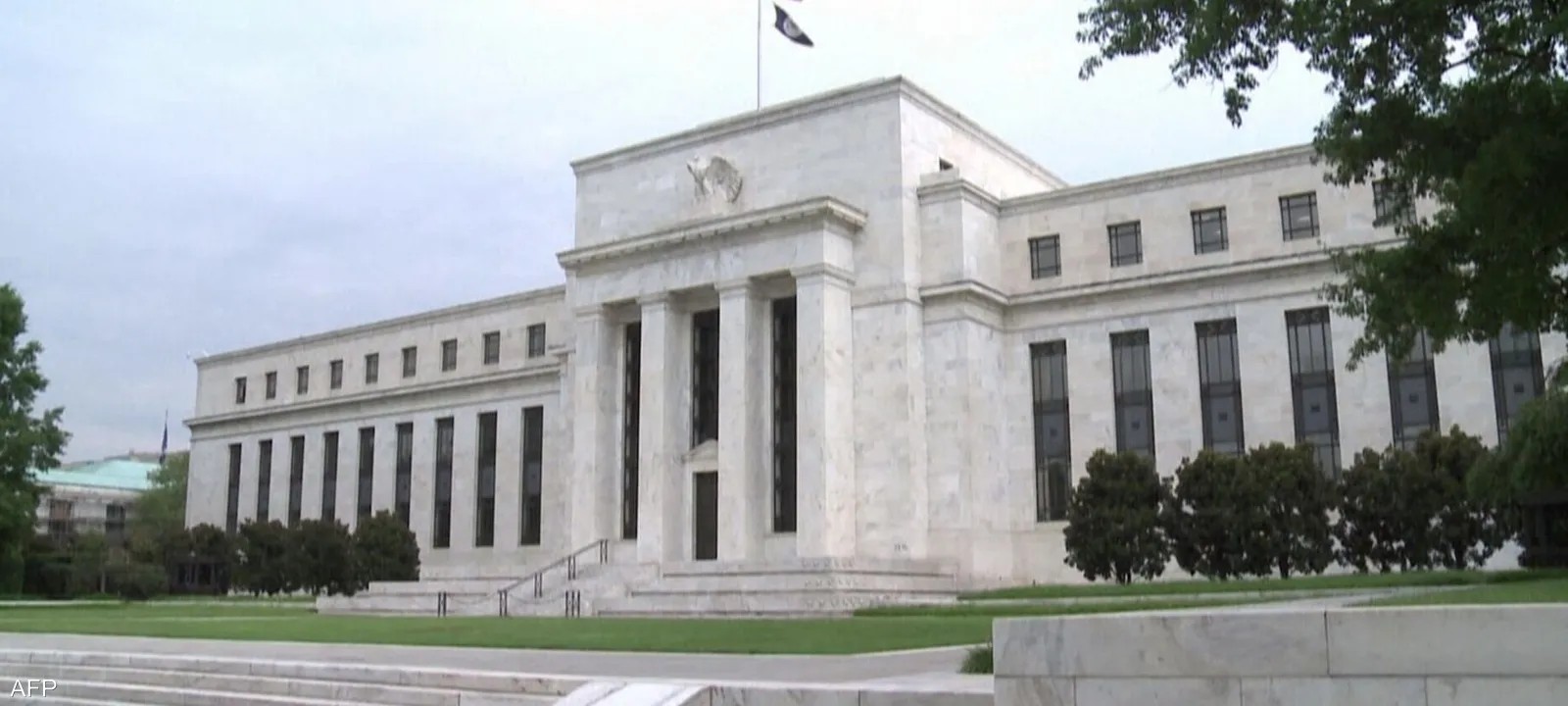A senior Federal Reserve official said he is open to cutting interest rates in September, warning that the U.S. central bank cannot afford to delay easing monetary policy amid signs of a slowing labor market.
Atlanta Fed President Raphael Bousik, a voting member of the central bank’s rate-setting committee, told the Financial Times that as price pressures ease, officials also need to be mindful of their mandate to keep the economy strong. “But that makes me think about the timing, so I’m open to a rate cut before the fourth quarter.”
Boucek acknowledged the high risks facing the Fed as it considers when and how to ease monetary policy. “Waiting brings risks, which is why we have to be more vigilant about it,” he said.
The Atlanta Fed president's comments will reinforce market expectations that the central bank will begin cutting interest rates in September for the first time since the Covid-19 pandemic devastated the U.S. economy in 2020.
Boucek had previously backed a rate cut by the end of the year, warning that the Fed needed to be absolutely sure it had a grip on inflation before easing borrowing costs.
Bostic's shift in stance came after July inflation data showed annual consumer price growth fell below 3 percent for the first time since March 2021 — a sharp drop from a peak above 9 percent recorded in June 2022.
“We have been saying for a long time that we want to see the numbers come in to give us more confidence that we are on the sustainable path to 2 percent and I have to say that the numbers that have come in over the last several months have given me more confidence that we are on the sustainable path,” Boucek told the Financial Times.
He added that the consumer price index report released on Wednesday was a very positive sign.
Will the Fed cut interest rates by half a point?
The Federal Reserve has kept interest rates at a 23-year high of 5.25-5.5 percent for more than a year as it struggles to tame inflation. While the labor market has remained strong, there are signs that its resilience is eroding. Monthly job growth slowed further in July as the unemployment rate rose for a fourth straight month to 4.3 percent, raising fears of a recession in the world’s largest economy.
Boucek on Wednesday described the labor market as weak but not dramatically weak and said companies he spoke to across the southern United States have stopped hiring rather than firing workers.
Asked whether the Fed should consider cutting interest rates in half-point increments, not just a quarter-point, if the labor market weakens faster than expected, Boucek said everything is on the table.
He added that if we see that there is a disruption occurring that indicates that labor markets will collapse — or may [collapse] — I would strongly support moving more aggressively to minimize the extent of that damage, although he said that was not his expectation.






































